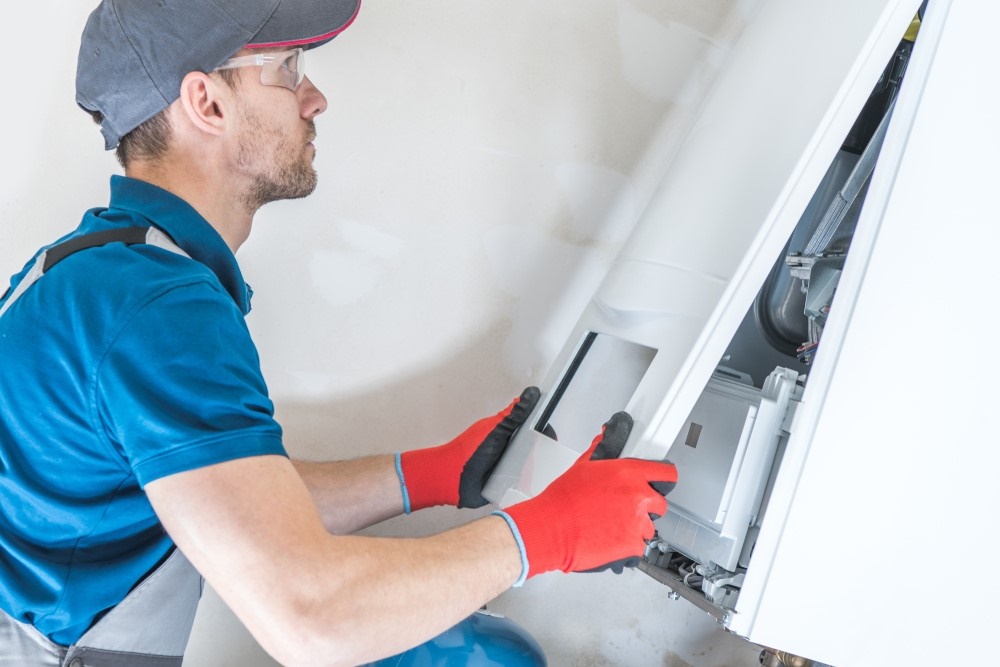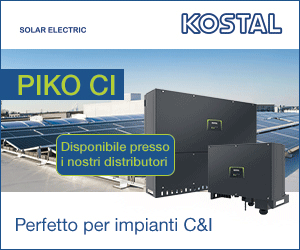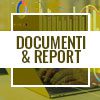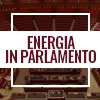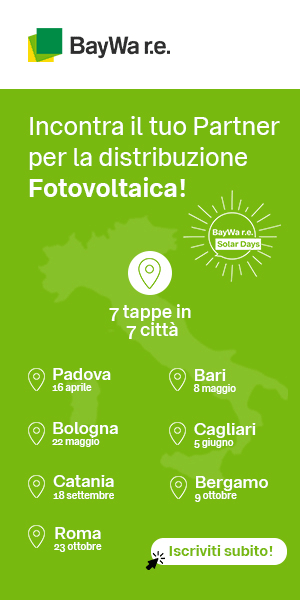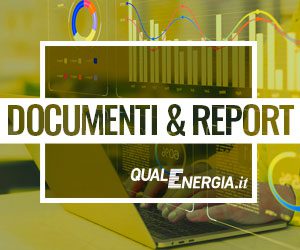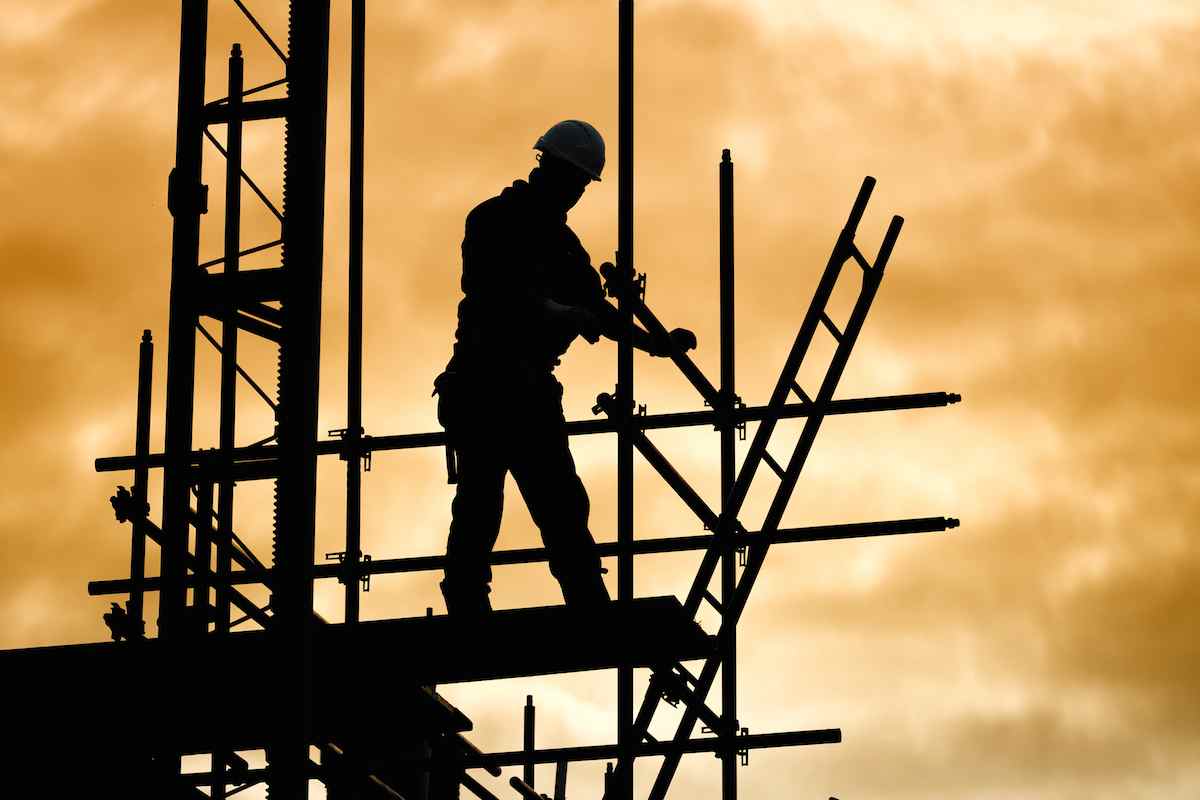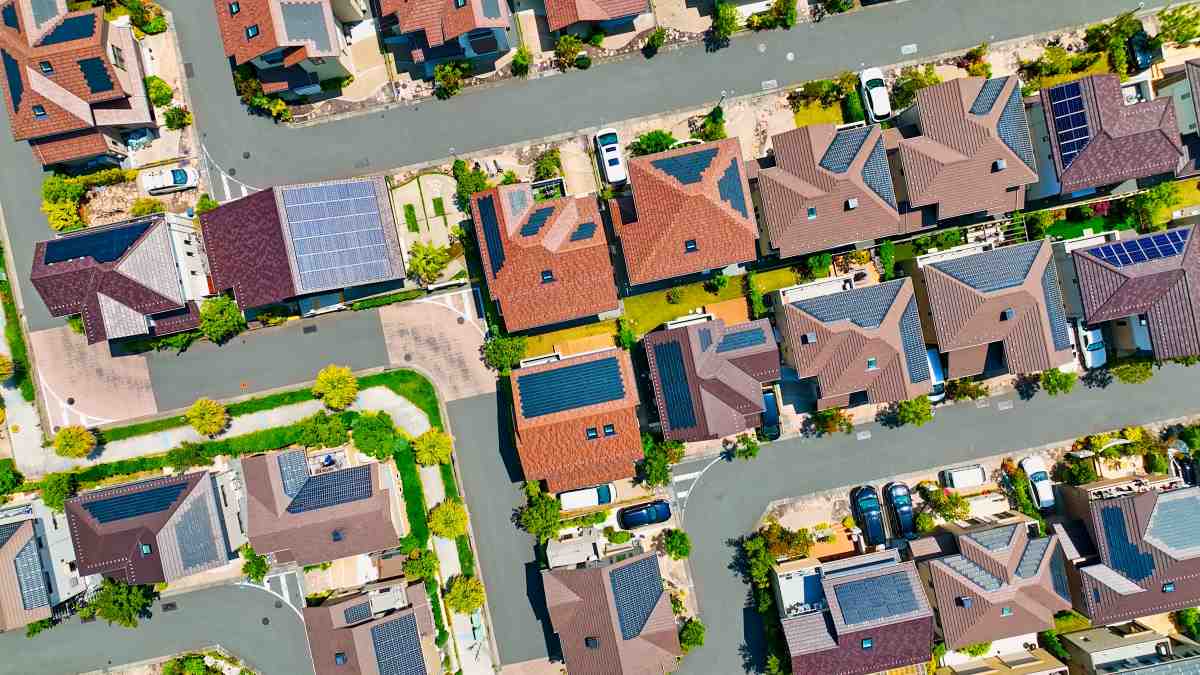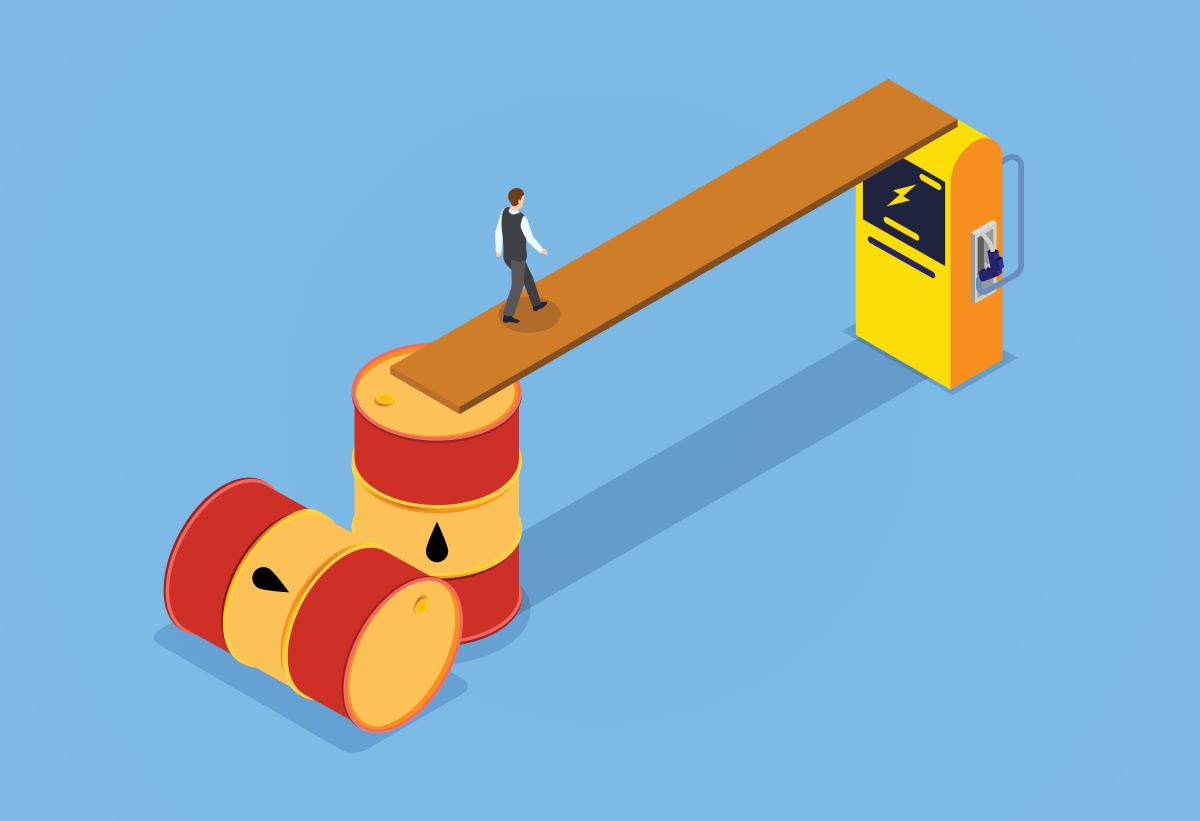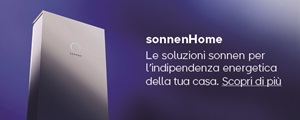In a review of Austrian energy policies launched today, the International Energy Agency praised Austria for its balanced focus on security of supply, energy efficiency and renewable energy sources. The country’s decarbonisation drive has strengthened as the economy and renewable energy use have continued to grow, while fossil fuel use has decreased. At the same time, the country is working to improve energy security and energy market functioning.
The report, Energy Policies of IEA Countries – Austria 2014 Review, puts the country’s energy policy in context. As a member of the European Union, Austria shares energy policy objectives and legislation with other member countries and has less room for purely national decision-making than in the past. “Building the European internal energy market is a case in point,” IEA Executive Director Mariavan der Hoeven said when presenting the report in Vienna. “Austria should continue to advance the integration of its natural gas and electricity markets to regional markets by means of closer co-operation and co-ordination with its neighbours.”
Specifically regarding the electricity market, the IEA report emphasises the need to encourage investment in networks, optimise demand response and integrate variable renewable energy supply in a cost-effective and market-based manner. A well-functioning internal market can help reduce the growing concerns over energy prices and costs, both for industry and for citizens. Austria could address these concerns also by implementing more energy efficiency measures and facilitating greater retail market competition.
The IEA regards Austria’s security of fuel supply as robust, as oil stocks are substantially higher than required by law and gas storage capacity is significant by international comparison. However, Austria can enhance its energy security by increasing energy efficiency and producing more gas domestically. For that reason, Austria should explore its shale gas potential.
Highlighting a success story, Austria has more than tripled public funding for energy research, development and demonstration (RD&D) since 2007. The IEA report encourages the government to maintain energy RD&D funding at the current levels – or, ideally, to increase it, particularly with incentives and measures to support private RD&D investment.
Ms. Van der Hoeven also stressed that although Austria’s greenhouse gas emissions from energy use peaked in 2005, they need to be reduced further, and the transport sector offers prime opportunities for this. In the context of EU negotiations on an energy and climate policy framework to 2030, Austria should develop a strategy that integrates security of supply, sustainability and internal market dimensions.
Among its key recommendations, the IEA report calls for:
- developing a post-2020 energy and climate strategy that integrates security of supply and internal market dimensions with GHG emissions reduction.
- addressing concerns over energy prices and costs by further promoting energy efficiency and greater retail market competition.
- continuing the drive towards cross-border integration of both electricity and natural gas markets.
The presentation of the report (pdf)










